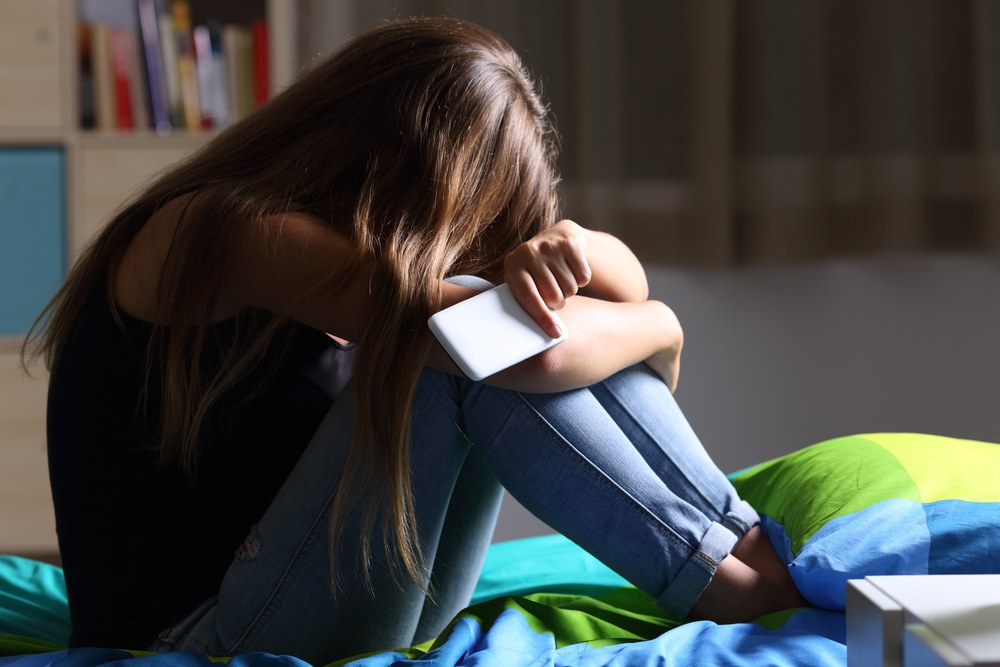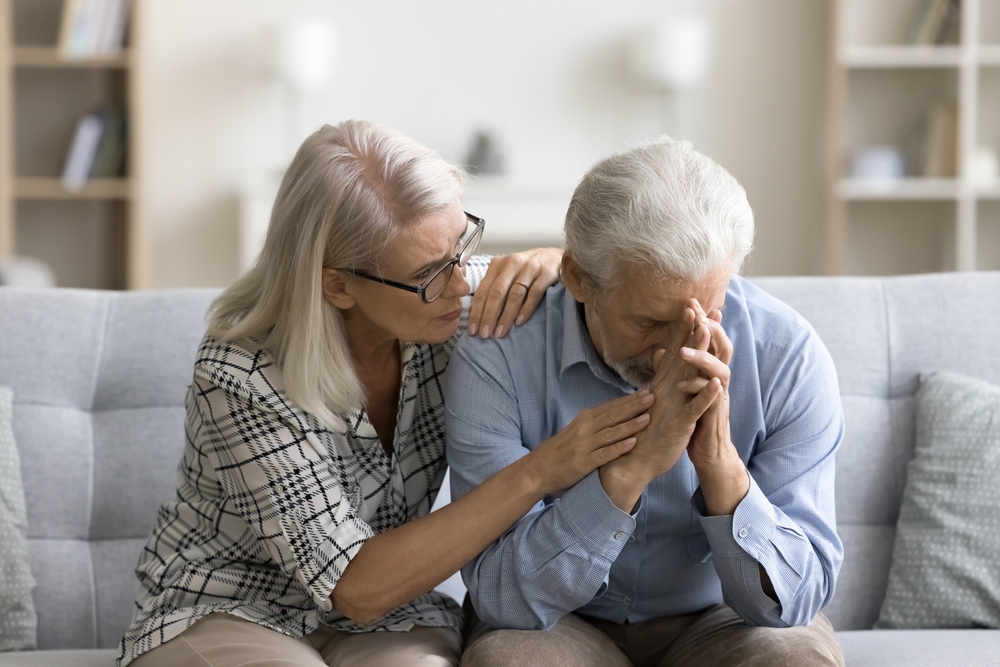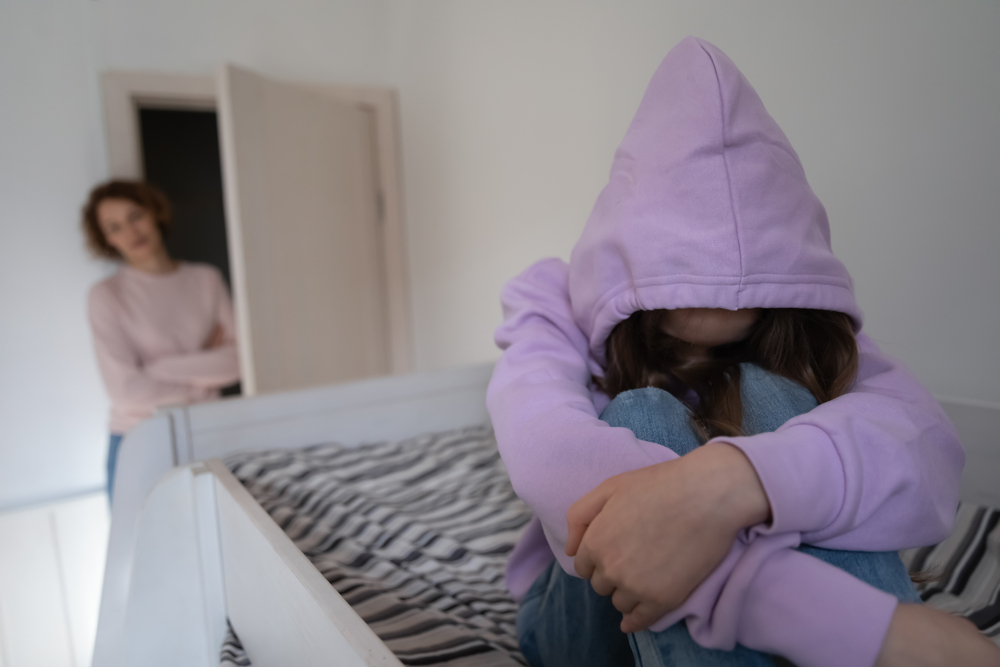Being a teen today is hard. There is a lot of pressure from school, parents, and classmates. For some teens, this stress can trigger depression, making things worse. If you are feeling depressed, here’s how you can help depression get better.
Depression vs Sadness
Feeling sad doesn’t mean there’s something wrong with you. It is natural to be sad when you fail a test, a boyfriend or girlfriend breaks up with you, or a friend moves away. It’s okay to cry, spending time alone, or talk about your sadness with a friend. Sadness generally fades over time. After a few days or weeks, you will start to feel better about yourself and move on to the next thing.
Depression sticks around. It can get in the way of your schoolwork and make you not want to hang out with your friends. It can get worse over time instead of better, until it takes over your life.
Why You Shouldn’t Ignore Depression
Depression is an illness. It doesn’t automatically get better– though you may have good and bad days. You may feel ashamed that you can’t get up on time, or don’t want to do things, but you shouldn’t ignore depression or just wait for it to pass.
Teens with depression can sometimes get by without anyone noticing. But inside, they are in a fight with their own mind. When something bad triggers the depressed feeling, your mind can lie to you, telling you that you are worthless, that you should hurt yourself, or even that it would be better if you were dead. Without help, depression can lead to self-harm and suicide. You should take it seriously and tell someone if you are feeling depressed.
What Depression in Teens Looks Like
Teens often don’t talk to their parents about their feelings. That means the adults around you may not realize that you are depressed. Still, you should get help if you:
- Feel sad, hopeless, rejected, or angry
- Get stuck thinking negative thoughts, dwelling on your problems or feeling worthless
- Feel tired or drained, like you have no energy
- Lose interest in things you usually enjoy
- Can’t concentrate on schoolwork or remember what people tell you
- Lose your appetite or have an upset stomach
- Get headaches or have trouble sleeping
- Pull away from friends even though you feel alone or isolated
No matter what your brain tells you, having depression does not mean you are a failure, lazy, or a loser. It means you need help.
How to Help Yourself if You’re Feeling Depressed
There are some things you can do to help yourself if you’re feeling depressed. These won’t necessarily beat the illness, but they can help you work through your feelings and reduce the symptoms:
- Get up and move. A short burst of exercise, like a run, a bike ride, or even dancing can change your brain chemistry and improve your mood.
- Nourish your body. Eating good-tasting, nutritious food, like fruits and vegetables regularly, even when you don’t feel hungry, can raise your mood, and increase your energy.
- Keep a journal. Writing down your troubles can help interrupt your brain’s cycle of negative thoughts. Noting the good things in your day can remind you things aren’t as hopeless as they feel.
- Talk to a friend. Share your feelings with someone you can be open with and ask them to help you find solutions to what is troubling you.
- Make something. Expressing imagination and creativity by writing, drawing, playing music, or cooking, can interrupt depressed feelings and demonstrate your worth.
How to Get Help with Teen Depression
The best thing you can do when you are feeling depressed is to get help from someone trained to deal with the illness. Depression can make you feel alone, but you don’t have to be. Tell a coach, teacher, religious leader, or pastor how you are feeling.
You can also call or text the National Suicide Prevention Lifeline at 800-273-TALK (800-273-8255) if you find yourself thinking about hurting yourself.
Tell your doctor or ask your parents to find you a therapist. These medical professionals can help you treat your illness and learn coping techniques that will make it teenage depression easier to face.
David Stanislaw is a psychotherapist with over 30 years of experience. He helps children, teens and adults with depression, anxiety, and other mental health issues. Contact David Stanislaw to get help today.


 6 Ways to Accommodate Your Spouse’s Anxiety
6 Ways to Accommodate Your Spouse’s Anxiety How Long Does Therapy Take?
How Long Does Therapy Take? Helping Kids Cope with Trauma and PTSD
Helping Kids Cope with Trauma and PTSD